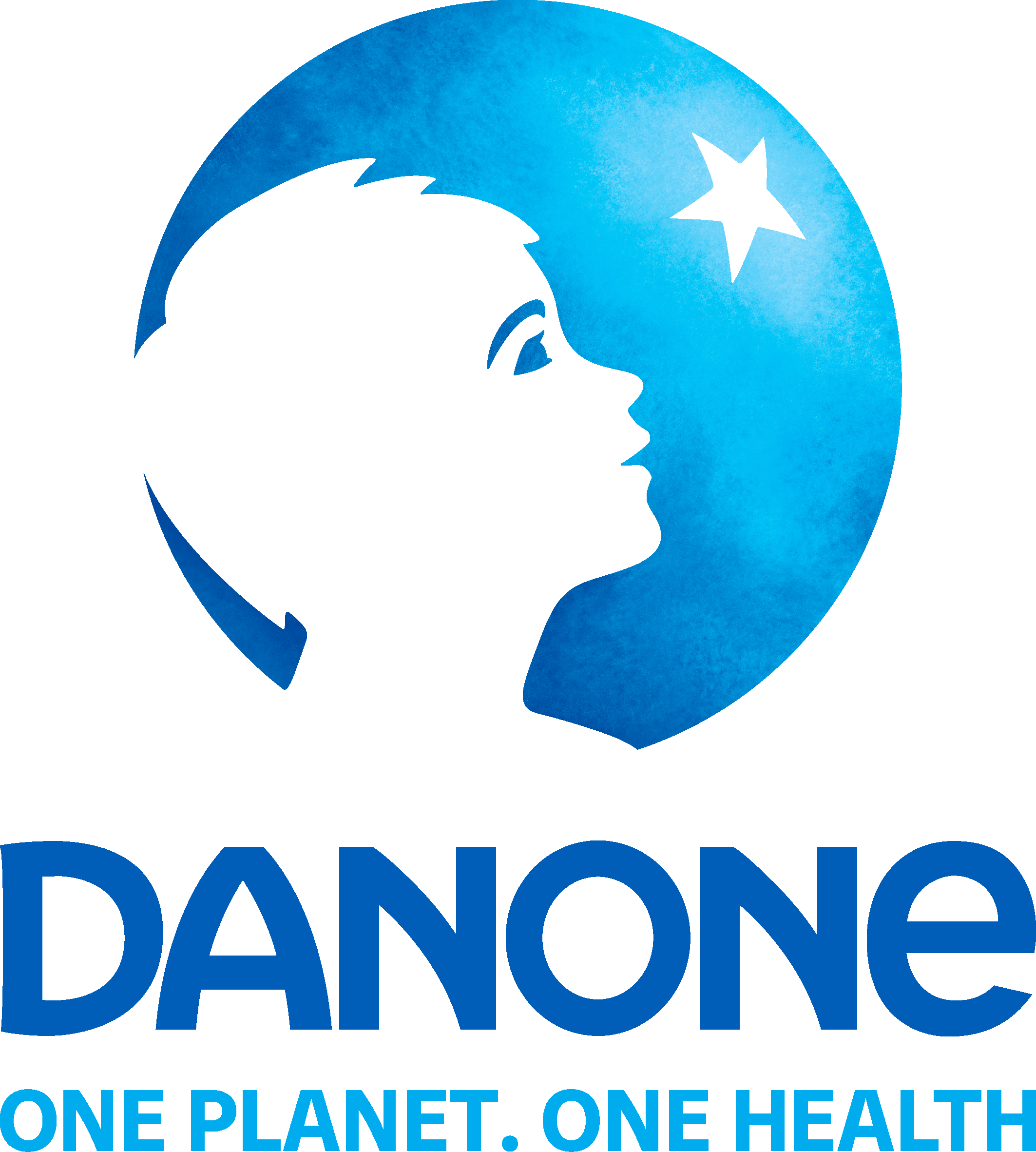

Danone Global Research & Innovation Center B.V.

Île-de-France, France
July 2021
Scientific R&D
Service with Significant Environmental Footprint
France,
Netherlands The
Danone Gloabl Research & Innovation Center includes two locations in Paris-Saclay, France, and Utrecht, The Netherlands, and is driven by DANONE’s purpose to bring health through food to as many people as possible. Research and Innovation underpins Danone’s Renew strategy, enabling the development of innovative products that are consumer and patient centric driven, sustainable by design and differentiating science and technology, to create superior consumer experiences and bring health and well-being for all. Fully embracing Danone’s frame of action ‘One Planet - One Health.’ Danone Global Research & Innovation Center is preparing for the future through its focus on major scientific and technological challenges while interconnecting the health of the people and the health of the planet. These include notably biotics and fermentation, proteins, nutrition & health, gut health, immunity & allergy, biotechnology and functional ingredients, hydration & water science, packaging, decarbonation and circularity... Danone Global Research & Innovatioon Center is proud to be part of the B Corp movement and to participate to the shift to redefine success in business and build a more inclusive and sustainable economy.
Overall B Impact Score
Governance 17.1
Governance evaluates a company's overall mission, engagement around its social/environmental impact, ethics, and transparency. This section also evaluates the ability of a company to protect their mission and formally consider stakeholders in decision making through their corporate structure (e.g. benefit corporation) or corporate governing documents.
Workers 32.2
Workers evaluates a company’s contributions to its employees’ financial security, health & safety, wellness, career development, and engagement & satisfaction. In addition, this section recognizes business models designed to benefit workers, such as companies that are at least 40% owned by non-executive employees and those that have workforce development programs to support individuals with barriers to employment.
Community 18.3
Community evaluates a company’s engagement with and impact on the communities in which it operates, hires from, and sources from. Topics include diversity, equity & inclusion, economic impact, civic engagement, charitable giving, and supply chain management. In addition, this section recognizes business models that are designed to address specific community-oriented problems, such as poverty alleviation through fair trade sourcing or distribution via microenterprises, producer cooperative models, locally focused economic development, and formal charitable giving commitments.
Environment 22.1
Environment evaluates a company’s overall environmental management practices as well as its impact on the air, climate, water, land, and biodiversity. This includes the direct impact of a company’s operations and, when applicable its supply chain and distribution channels. This section also recognizes companies with environmentally innovative production processes and those that sell products or services that have a positive environmental impact. Some examples might include products and services that create renewable energy, reduce consumption or waste, conserve land or wildlife, provide less toxic alternatives to the market, or educate people about environmental problems.
Customers 6.0
Customers evaluates a company’s stewardship of its customers through the quality of its products and services, ethical marketing, data privacy and security, and feedback channels. In addition, this section recognizes products or services that are designed to address a particular social problem for or through its customers, such as health or educational products, arts & media products, serving underserved customers/clients, and services that improve the social impact of other businesses or organizations.